(3 min) ADHD & Justice Sensitivity: Why You Are Obsessed with Fairness

If you’ve ever exploded over someone cutting in line, gotten physically uncomfortable watching someone else get unfairly blamed, or felt consumed by outrage over social injustice... hello, Justice Sensitivity.
Now pair that with ADHD and… buckle up. You’re not being dramatic, you’re just highly attuned to what’s fair, what’s right, and what absolutely isn’t. This combo isn’t talked about nearly enough, but it deserves the spotlight.
Let’s break it down.
What Is Justice Sensitivity?
Justice sensitivity is exactly what it sounds like: a heightened emotional and cognitive sensitivity to fairness, equity, and injustice—whether it’s happening to you, someone else, or even a stranger on the news.
There are four primary types of justice sensitivity:
- Victim sensitivity – Feeling personally wronged or slighted.
- Observer sensitivity – Feeling deeply upset when others are treated unfairly.
- Perpetrator sensitivity – Feeling immense guilt or shame for causing harm.
- Beneficiary sensitivity – Feeling discomfort when you benefit from unfair systems.
Some people have one. Many neurodivergent folks? We’ve got ‘em all.
ADHD + Justice Sensitivity = Firestorm
So why does ADHD often amplify justice sensitivity? Here’s the neuroscience behind it:
- Emotional dysregulation is a core ADHD trait. Combine that with a moral compass on steroids, and even minor unfairness feels like a five-alarm fire.
- Rejection Sensitivity Dysphoria (RSD), often co-occurring with ADHD, adds fuel to the fire. Feeling unfairly criticized can spiral into shame, rage, or both.
- Hyperfocus kicks in when something really matters—and fairness really matters. This means you can’t just “let it go.” It sticks.
- Impulsivity? That’s what leads to yelling, calling people out, quitting jobs over ethics, or burning bridges when you see injustice. And honestly? Sometimes you’re right to.
If you've ever been told you're “too sensitive,” “too emotional,” or “too reactive,” you’re not the problem. Most systems, including school, work, and relationships, aren’t built for people with this level of moral attunement.
We’re often the canaries in the coal mine. We call out the bad behavior. We notice the microaggressions. We say the quiet part out loud.
That’s not a flaw. That’s a f*cking feature.
But Let’s Be Real: It Can Hurt Like Hell
Yes, it’s powerful. But it also takes a toll:
- You carry injustice like it’s a weighted blanket you never asked for.
- You stay up at night mentally replaying moments you “should’ve spoken up” or “could’ve done more.”
- You burn yourself out trying to fix what no one else sees or cares about.
- Your nervous system wasn’t meant to process this much cortisol every time someone cheats at board games or lies at work.
I cannot tell you the number of times someone at work someone has told me to "calm down" when I am advocating for fairness, whether on my behalf or for someone else. The thing is, it's not that I am "not calm" it's simply that I am passionate about doing the right thing. Raising my voice or sticking with my position doesn't mean I am out of control, it's actually the opposite. But rarely did it ever work out for me, if I am being honest. Most people are quite happy with the status quo, especially when it benefits them... so don't expect a hype squad if you are the person at work trying to improve the culture! Either way, here is a list of strategies you can try out when you are in this mode...
Regulating the Rage Without Losing the Fire
You don’t need to numb out. But you do need tools.
Try this:
1. Name It Out Loud
“I’m experiencing a justice reaction right now.”
Just labeling the emotion activates the thinking part of your brain and slows the spiral.
2. Co-Regulate with Someone Safe
Vent to a friend who gets it. Bonus points if they say, “You’re not crazy for feeling this way.”
Be careful at work with this one though... you never want to gossip, and you never know who could end up being your boss!
3. Channel It Strategically
Turn your sensitivity into aligned action:
- Write
- Advocate
- Educate
- Vote
- Walk away from the toxic AF person
4. Know When to Pause
Not every injustice needs to be tackled today. Save your spoons. Some fights are long games.
I know, that one is a hard pill to swallow... but trust me, I was so burned out advocating for DEI that I eventually left my position at a job I loved for more than a year because I just couldn't stay in that environment anymore. I have now learned, in my old age lol, that sometimes you have to let it go for now...
Flip the Script: Justice Sensitivity as a Superpower
Let’s reframe. Your sense of justice is not weakness. It’s your inner truth radar... loud, inconvenient, and often absolutely spot on.
- It’s why you’re loyal.
- Why you defend people who aren’t in the room.
- Why you rage at double standards.
- Why you care so deeply it physically hurts.
So don’t dull it... learn to wield it.
Justice sensitivity in ADHD isn’t a diagnosis, it’s a compass. Follow it, but don’t let it fry your circuits. You deserve peace and purpose. And hey, if someone tells you to “chill out”... tell them: “I’m responding appropriately to a messed-up world. Perhaps you should up the ante on your apathy"... or ya know... something like that anyways.
You’re not alone in this. Let’s be loud together.


